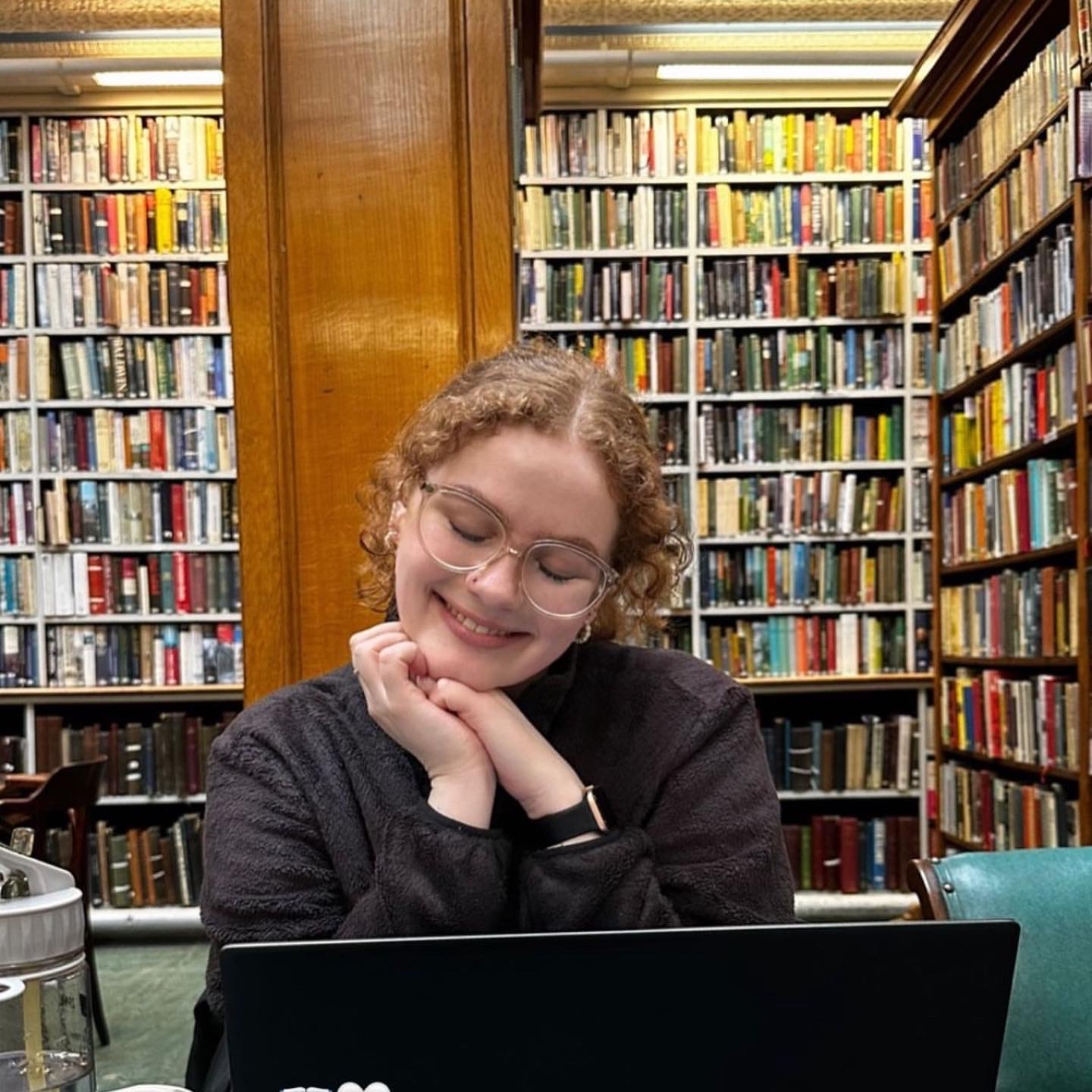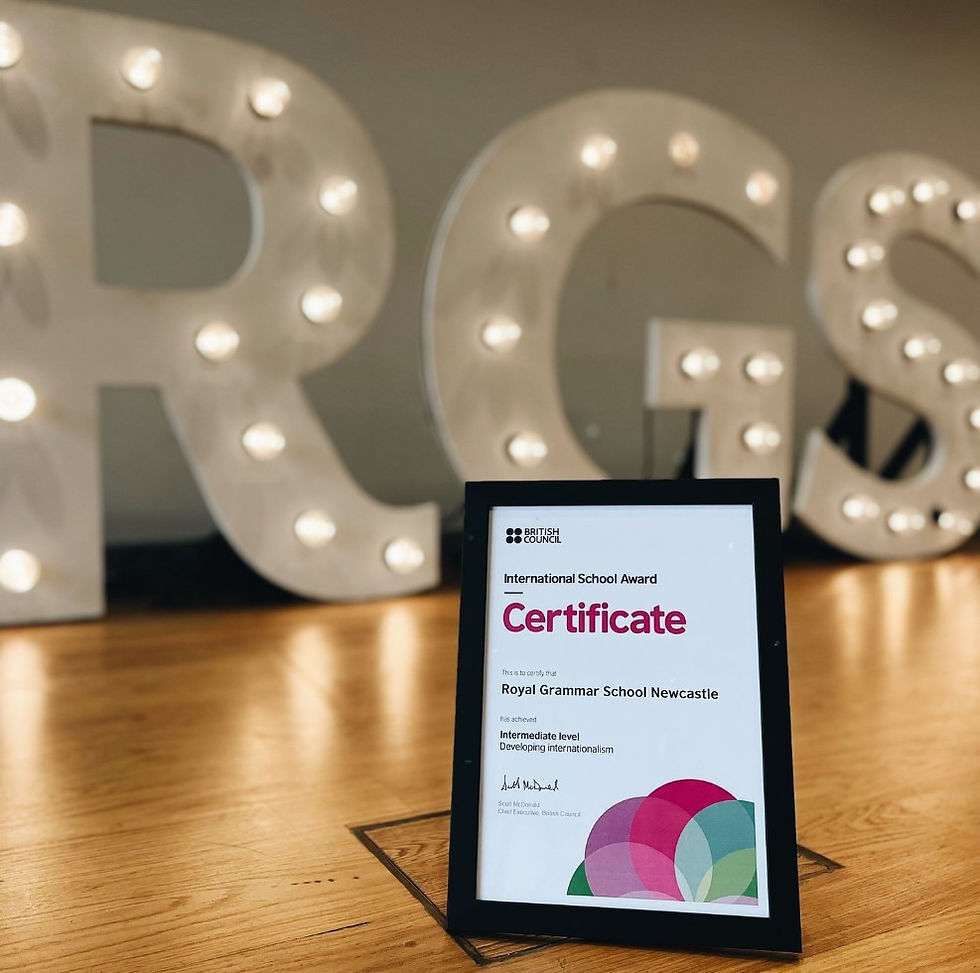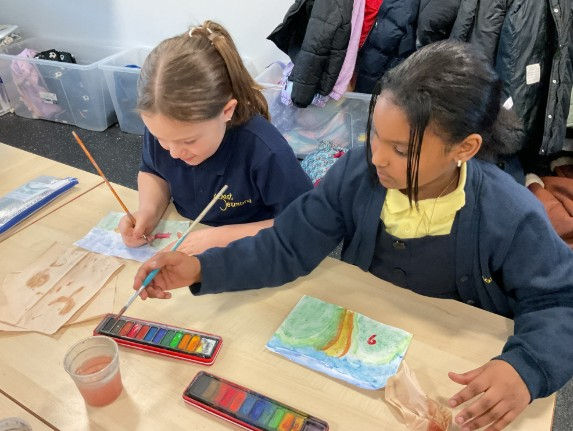What does Labour's VAT Tax plans mean for Jesmond's independent schools?
- Grace Boyle
- Feb 18, 2025
- 5 min read
Article written for JESMOND LOCAL University module.
From 1 January 2025, the Labour Government have added 20% VAT on independent school fees and removed business rate relief from charity-led private schools. This article will investigate how Jesmond’s local private schools are being affected.
Three schools in Jesmond are subject to the Labour Government changes to VAT on school fees and the removal of mandatory business rate relief. These changes have been made with the aim of providing “better investment in state education” confirmed by Chancellor Rachel Reeves.
According to the Treasury, the estimated £1.725 billion raised from VAT will fund public services, including improving “standards and opportunities for the nine out of 10 children who attend state schools”. The Government estimate around 35,000 pupils will move from private education to state education.

From 1 April 2025, private schools that operate as charities will lose charitable business rate relief. This aid provides an 80% discount on institution rates they pay for their premises. Private schools, parents and guardians across the UK are now encouraged to register for VAT for education and boarding fees.
Jesmond’s Royal Grammar School (RGS), Newcastle High School For Girls (NHSG) and Newcastle Preparatory School (NPS) are the three private schools in the Jesmond region. RGS and NHSG are the only secondary institutions and the latter being the sole sixth form in the area.
What are the Government’s motivation for the policy change?
The Budget 2024 announced the education sector finances for 2024-2025 which was published on 30 October 2024. Funding for schools will increase by £2.3 billion this year however the Department for Education highlights “there will be difficult decisions to take on how money is spent right across the public education sector”.
The Government “don’t expect that raising VAT will cause private school fees to go up by 20% [but] are likely to see fees rise by around 10%”
Labour plans to spend the money raised for state school investment, specifically allocate funding to attract and recruit qualified teachers and improve facilities for students.
How are Jesmond independent schools responding?
RGS is a registered charity and the majority of their assets are fixed. The introduction of VAT on school fees brings the opportunity to reclaim some VAT on their non-salary costs, however, it is a small proportion of their budget.
RGS Bursaries and RGS Partnerships are core to the school’s charitable status and predominantly funded through donations. According to the school, these programmes will be restricted to developing their charitable objectives through social impact.
“Approximately half of private schools in the UK run as charity organisations”–House of Commons
However, RGS is aiming to reinvest financial surplus into a new fee discount scheme to help support families and their children due to the Labour policy changes. Additionally, the institution will “absorb 12% of the additional costs” of the school fees for the 2025 spring and summer terms.
In a statement shared with JESMONDLOCAL, Geoffrey Stanford the Headmaster of RGS said:
“We have, and always will, strive to ensure that our fees are accessible to families who choose, despite the sacrifices, to educate their children at no cost to the taxpayer.We are confident that RGS is financially robust and we can weather the challenges. However, across the independent education sector as a whole, the reality of VAT is that, ultimately, the number of students will shrink, threatening the viability of some independent schools, at a time when the region has limited state school capacity.”
NHSG, is one of the 23 private schools in the Girls’ Day School Trust (GDST), and have managed to mitigate financial impact of VAT to a 12% increase for 2025 school terms for Reception through to Year 13.
The growing concern amongst parents is that many private schools require at least one term’s notice before a child leaves with many losing on education deposits made at the beginning of the student’s education. This is the case for Newcastle High School for Girls.
GDST who oversee NHSG said it would cover 8% of the VAT and has given families a notice extension if they wish to withdraw their children in light of the increasing fees.
GDST shared their disappointment that the government introduced their policy change at such short notice and during the 2024-2025 academic year. The Trust hope to reassure families that they have lobbied the Government and “the impact that any disruption is likely to have on a student’s education”.
In a letter from Cheryl Giovannioni, the GDST Chief Executive said, “The largest proportion of our outgoings is investment in our staff, which we will not compromise on in our delivery of education. We appreciate the financially pressures that will be felt my many of our families”.
As shown on the school website, NPS education fees for the spring and summer terms reflect the introduction of VAT on school fees. All fees includes snack options for students and personal accident insurance, unlike other independent schools in the Jesmond area.
Bursaries and sibling discounts are available for parents in the form of financial assistance following parental financial assessments. These are available for pupils in Year 3 onwards.
Newcastle Preparatory School were contacted for a statement.
The impact of state schools in the area
The Government believe increasing the VAT on independent schools will have limited impact on the public school sector, basing their view from the Institute for Fiscal Studies 2023 report. The 2023 report finds the number of pupils at independent school has remained at 6-7% for the last 20 years, despite an increase in average education fees increasing by 55% since 2003.
The research findings say the VAT changes may be significant in medium to long run. Specifically, VAT rate of 20% would lead to a 3–7% reduction in private school attendance. “This would likely generate a need for about £100–300 million in extra school spending per year in the medium to long run.”
A key finding states “it is possible that the state sector could easily accommodate extra pupils given that overall pupil numbers across England are due to decline by at least 100,000 per year on average up to 2030 – i.e. a total drop of more than 700,000.”
Cath McEvory-Car, Newcastle City Council’s Director of Children and Families shared with JESMONDLOCAL that “we meet regularly with the city’s independent schools, and we are monitoring the implications of this policy. It is still early days, however, if the situation changes we will work with schools in the best interests of families and children.”
No local state schools surrounding Jesmond wished to comment.
What might happen in the foreseeable future?
Several independent schools in the UK have confirmed closure and we may see more by the end of the 2025 summer term.
One local school commented “We operate on narrow margins. Where small annual surpluses can be achieved, they are invested back into our children’s education. Neither the school nor our parents will be able to sustain a 20% surplus charge”.
This shows the new reality many school and families face in light of the new tax scheme enforced by the recently elected Labour Government.
As a result, local independent schools may introduce new fundraising and donation schemes to support students. Still, if the schools close down we may see further Government education policy changes due to inconsistent VAT taxable revenue streams. This consequentially could mean less funding for local public schools operating at over capacity.
A significant concern is whether local public schools are able to take in high numbers of pupils from private school. It is a possibility that class sizes will grow to accommodate the increasing number of students.
What will continue are parents investing in their children’s education whether through private tutoring, extra curricular programmes or even relocating to areas with highly regarded public schools. What remains certain is that educators, and policymakers will need to navigate these challenges together, finding solutions that prioritise equitable access to quality education for all young people in the UK.





Comments